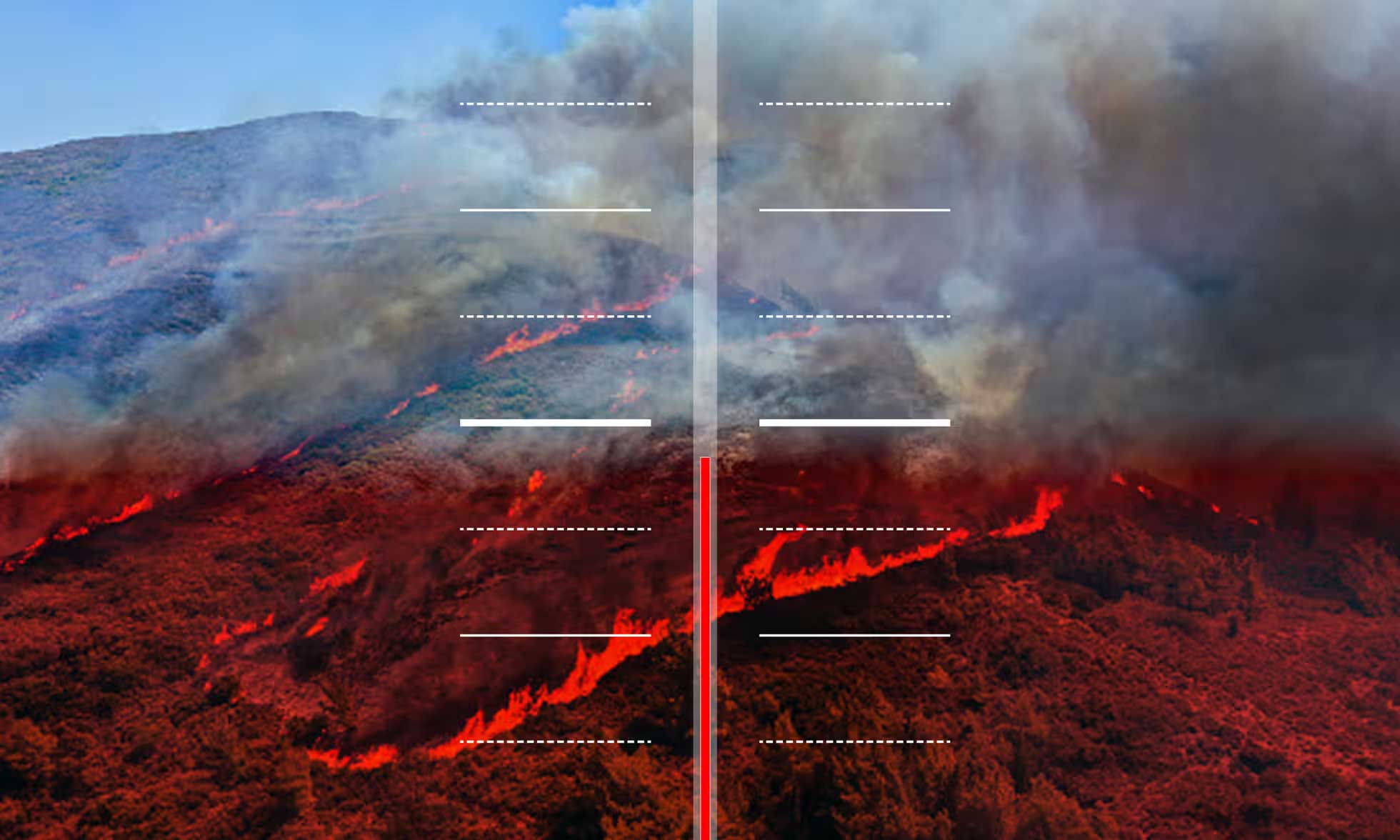Sunday with Laura?
Engaging mostly about the latest political stories, I suppose this gossipy program has to start with a question like 'Has saving the Planet gone out of fashion?'. But it puts the most critically important issue of our time in a strange place - as though we can just accept it or reject it on a whim, nothing of much consequence like a tired piece of clothing. Is that how we really see things? There is evidence that as many as 80% of the public are seriously concerned by Climate Change and are very aware that it is happening right now. They just don't know what to do about it.
2024-05-12

Transitioning to Net Zero
The question of whether we can afford to do anything about it in the current cash-strapped economy was continually raised. The answer of course is that we cannot afford not to act as the cost of inaction is so prohibitively high. The latest research just published in Nature - the Guardian calls it "the most comprehensive analysis of its type ever undertaken", puts the damage at six times higher than the price of limiting global heating to 2C or £30 trillion of destruction each year by mid-century. The aweful news is that these devastating losses are already unavoidable because of existing emissions. Their effects are not equally distributed either with Europe and US getting around 10% income reduction whereas Africa and South Asia will be twice that, and some countries like Iraq and Pakistan three times. Talking about income loss seems somehow removed from what it really means: millions of lives and livelihoods at stake.
But if we don't act now to reduce emissions to zero then things will get much worse beyond 2050. Let's be honest - we need to make a rapid transition now into a different world, a different way of doing things just in order to stabilize the destruction further into the future. Chris Stark was very coy about this and would only say that the most effective transition is the one everyone supports. But that begs the question of how to mobilise public opinion. We need a huge public debate and a mega-shift in politics so that people know their views are being heard and respected. The media (and even this programme perhaps?) has a pivotal role to play. Parliament's Citizens' Assembly in the dog days of the May Administration was also a good development but its recommendations were quietly ignored by subsequent governments. We could do worse than to revive and update it with extra contributions from Community Assemblies across the UK.
Climate breakdown is a human problem not a technical one - it is about reducing our impact on the planet, sharing and community consensus. It is also about power and politics and who is listened to. We need to clean up politics at all levels so that it belongs to us, the people, and ensure that those elected truly represent us and not rich elites. A bold first step would be a constitutional convention where we can examine questions such as how Parties are funded, the voting system, how democracy should work between election events, the devolution of powers and funding down to local level, the make-up of the Houses.
I am very disappointed that the Government representative was allowed to repeat misinformation about overshooting targets. It is only Territorial Emissions that have been reduced by 50% - our real attributable emissions must include those from all the goods that we import from China, India, and elsewhere and from shipping them to us. When these emissions are factored in then our reduction is lower than 30%, less than 1% each year on average over the period from 1990 - hardly world-beating. When Chris Packham tried to put this right, you skated over the point without conceding the correction.
The Labour shadow minister also needed to be challenged. In the last few days Starmer came out with a commitment to spend 2.5% GDP on Defense if he is Prime Minister, but has already back-tracked on £28 billion a year (roughly 1% GDP) for Green investment to support the necessary transition, actually an inadequate sum anyway - it has been known for some time that at least 2% is needed. Packham mentioned the grotesque profits of Fossil Fuel companies but actually there are many other grotesques e.g. the huge inequality of income and wealth, deliberate loopholes in legislation, systematic delay and weakening of standards.
“We need a political discourse that is class conscious, that recognises that the rich and capitalism are the major drivers of the climate crisis,” said Jason Hickel, an economic anthropologist at the London School of Economics and the author of The Divide: A Brief Guide to Global Inequality and its Solutions. “This is about bringing production – and provisioning systems and energy systems – under democratic control.”